Egypt is a bucket-list destination for travelers worldwide. From the timeless Pyramids of Giza to the beautiful corals of the Red Sea, Egypt offers experiences as diverse as its rich and long heritage.
If you are planning a visit to Egypt in the last few weeks of 2024 or in 2025, here are some essential tips to make your trip smooth, enjoyable and unforgettable.
1. Book a Tour for a Hassle-Free Experience
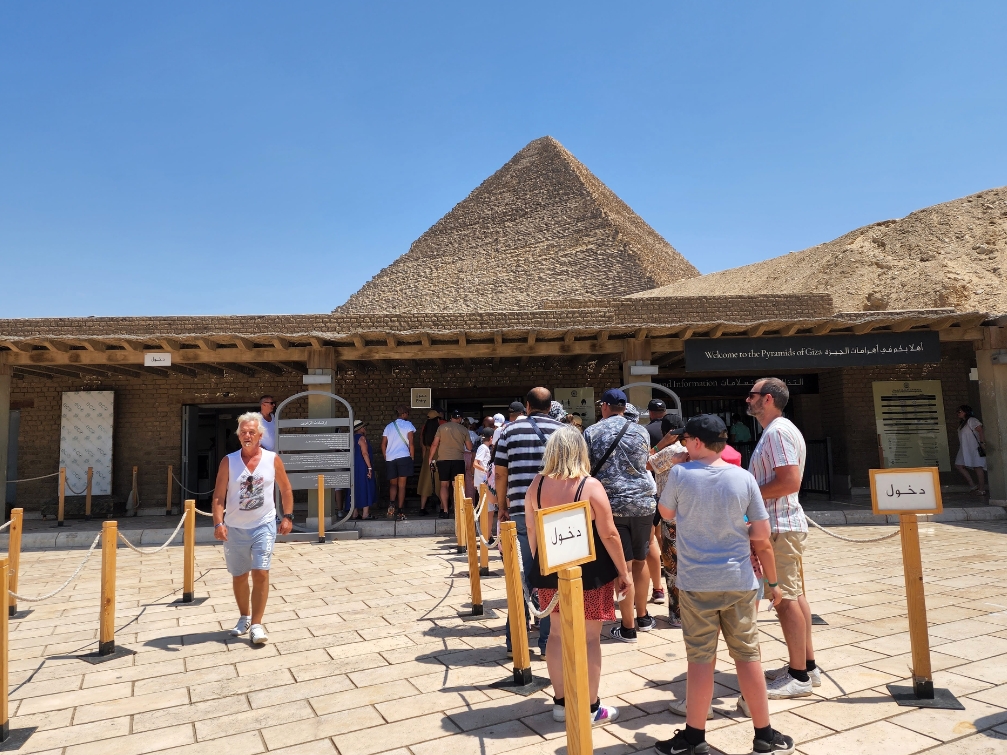
For first-time, and even return, visitors to Egypt, booking a tour is highly recommended.
A well-organized tour will help you navigate Egypt’s iconic sites, ensure smooth logistics, and save you from potential hassles like language barriers or transportation confusion.
There are many types of tours available to suit different preferences, including private tours for a personalized experience, group tours for those who enjoy shared adventures, and specialized tours such as historical deep dives, diving excursions in the Red Sea, or adventure trips to the White Desert. Many tours also include knowledgeable guides who bring history to life, making your visit even more enriching.
Visiting Egypt? Here are some tours you should consider:
- Cairo: Half-Day Tour to Pyramids of Giza and Sphinx – A great option for visiting the Pyramids, with a private Egyptologist tour guide and transportation to and from your hotel in Greater Cairo or Giza.
- Cairo: Giza Pyramids, Sphinx, Saqqara and Memphis Tour – If you are looking to see more of Ancient Egypt in Cairo or Giza, this is the perfect choice and takes you to Saqarra – the site of the first ever pyramid.
- From Cairo: Fayoum Magic Lake 4×4 Desert Safari and Sandboarding Tour – Want to escape the hustle and bustle of Cairo for a magical and unique experience? This tour will take you to the alluring Wadi El Rayan waterfalls and you will have a chance to marvel at the majestic Mudawara Mountains. You will then enjoy action-packed dune bashing, sandboarding, and a delightful camel ride.
2. Consider Airport Transfers for Convenience
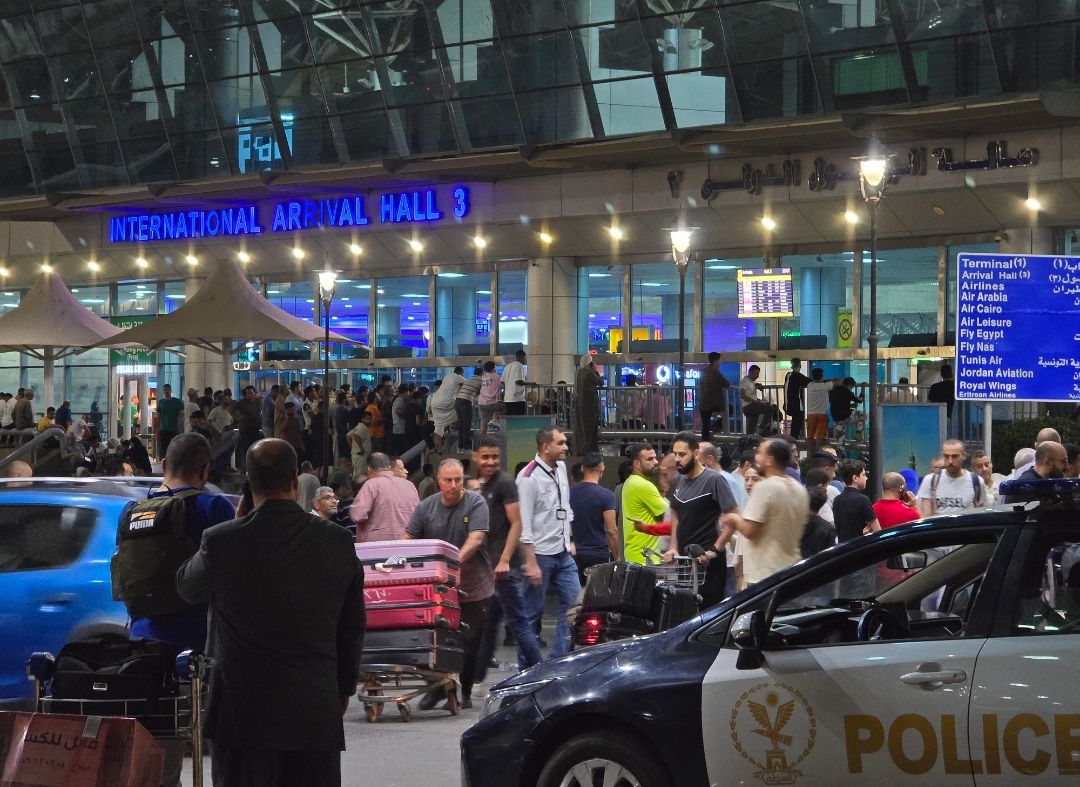
If you have purchased a tour package and it does not include airport transfers, booking one in advance is a smart move. This service ensures a hassle-free journey to your hotel or accommodation without the stress of haggling for taxi prices or searching for a rideshare service after a long flight. It is a small step that makes a big difference.
If you are looking to book a private car or van with a driver for your trip in Cairo, click here.
3. Understand Visa Requirements
Before booking your tickets to Egypt, it is essential to check the visa requirements for your nationality. Egypt offers several visa options for tourists, and understanding your eligibility will save you from any surprises at the airport.
Many nationalities can apply for an eVisa online through Egypt’s official eVisa portal. This convenient option allows you to obtain your visa before traveling, eliminating the need to queue at the airport. The eVisa application typically requires basic information, a scanned copy of your passport, and a small fee of USD 25. Once approved, the eVisa will be emailed to you, and you should print a copy to present upon arrival.

Some travelers are also eligible for a visa on arrival, which can be purchased at the airport for a small fee in USD or other accepted currencies such as Euros. However, to avoid potential delays or confusion, it is recommended to opt for the eVisa whenever possible. The visa on arrival costs USD 25 (as at the time of publication) and it must be paid in cash – local Egyptian currency will not be accepted.
If you have booked a tour, sometimes the tour already includes visa on arrival so you should check with your tour provider.
If you are unsure about your visa eligibility, contact your nearest Egyptian embassy or consulate for the most accurate and up-to-date information. Keep in mind that your passport must be valid for at least six months beyond your intended date of entry into Egypt.
4. Learn Basic Arabic Phrases
While many Egyptians, particularly in urban areas and tourist destinations, speak English and a range of other languages, making an effort to learn a few basic Arabic phrases can significantly enhance your experience.
Simple words and phrases like “shukran” (thank you), “afwan” (you are welcome), “sabah el kheir” (good morning) and “masaa el kheir” (good afternoon / evening) show respect for the local culture and signal your willingness to engage on a deeper level.
Using these phrases often brings a warm response, as locals appreciate visitors who take the time to learn their language. Even a friendly “ezayak? (masculine)” or “ezayeek? (feminine)” (Egyptian Arabic for “how are you?”) can open the door to meaningful interactions and enrich your travels. It is also helpful in practical situations, such as navigating markets, ordering food, or seeking assistance.
By demonstrating this small but significant effort, you will not only ease your way through everyday interactions but also leave a positive impression, reinforcing the genuine hospitality that Egypt is known for.
5. Don’t Miss Egypt’s Top Museums and Attractions
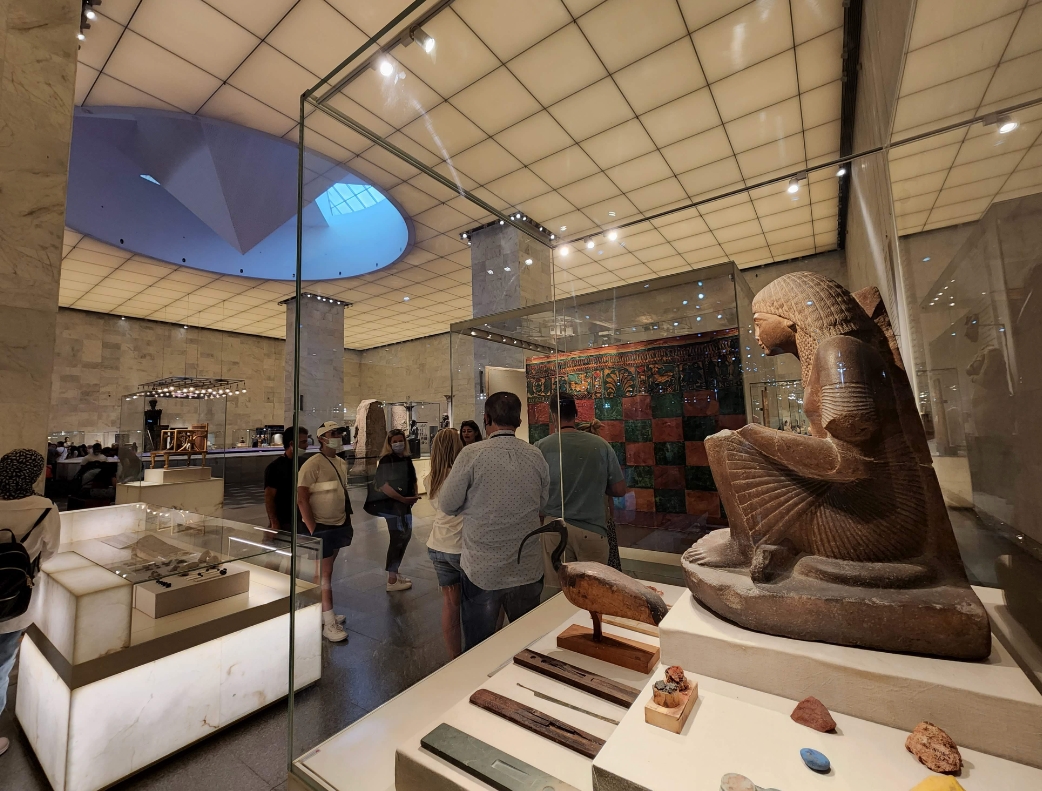
The Grand Egyptian Museum (GEM), now open as part of a soft launch, is a must-visit for history enthusiasts. Located near the Pyramids of Giza, this state-of-the-art facility is the world’s largest archaeological museum and showcases Egypt’s ancient treasures, including artifacts from King Tutankhamun’s tomb. If you want a more intimate and private experience at the GEM, you can even consider booking tickets for an exclusive lecture series by world-renowned Egyptologist Dr. Zahi Hawass which will be held at the GEM and which also includes a private dinner. If you are looking for a more affordable visit to the GEM, you can book a guided tour and your tickets for the GEM here.
Additionally, the National Museum of Egyptian Civilizations (NMEC) in Cairo offers a fascinating journey through Egyptian history, culminating in the stunning Pharaohs’ Hall of Mummies. This has quickly become one of Egypt’s top attractions, praised for its stunning display of Egyptian civilization.
Looking to skip-the-line at the Pyramids of Giza or at the NMEC? Book your tickets in advance:
- Pyramids of Giza Skip-the-Line Entry Tickets
- Cairo: National Museum of Egyptian Civilization NMEC Skip-the-Line Entry Tickets
6. Dress Modestly and Be Practical
While cities like Cairo and Alexandria are relatively modern and cosmopolitan, Egypt remains culturally conservative in many areas. Dressing modestly is not only about respecting local customs but also about being practical, especially at major historical sites that are often sandy, dusty, and require a lot of walking.
Women should consider wearing loose, breathable clothing and carrying a scarf to cover their shoulders or head when entering mosques. Men may find trousers or lightweight pants more suitable than shorts, particularly in formal or rural areas (and may be required to wear trousers when visiting religious sites). Sturdy, closed-toe shoes are also recommended for navigating uneven terrain at archaeological sites. This approach will keep you comfortable while showing respect for cultural expectations.
7. Understand the Egyptian Currency
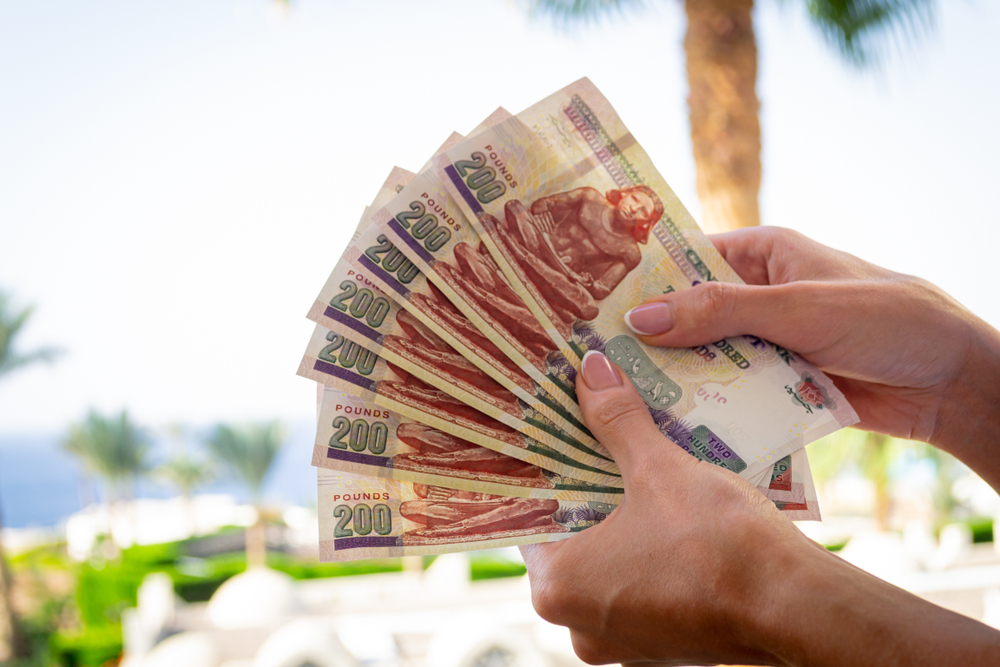
Egypt’s currency is the Egyptian Pound (EGP), often abbreviated as LE or “geneih” in Arabic. Familiarizing yourself with the local currency and exchange rates is essential to avoid confusion and ensure smooth transactions prior to your arrival – and crucial for avoiding scams. Be cautious of unofficial money exchange services, as these may offer poor rates or even counterfeit bills. Stick to ATMs or reputable exchange offices to ensure you get fair and accurate exchanges.
Always carry small bills for tips, small purchases, or transportation, as vendors and drivers may not always have change for larger denominations. While credit cards are commonly used in hotels and many modern establishments, smaller shops and markets may sometimes operate on a cash-only basis, so having cash on hand is advisable.
8. Be Cautious With Food and Water
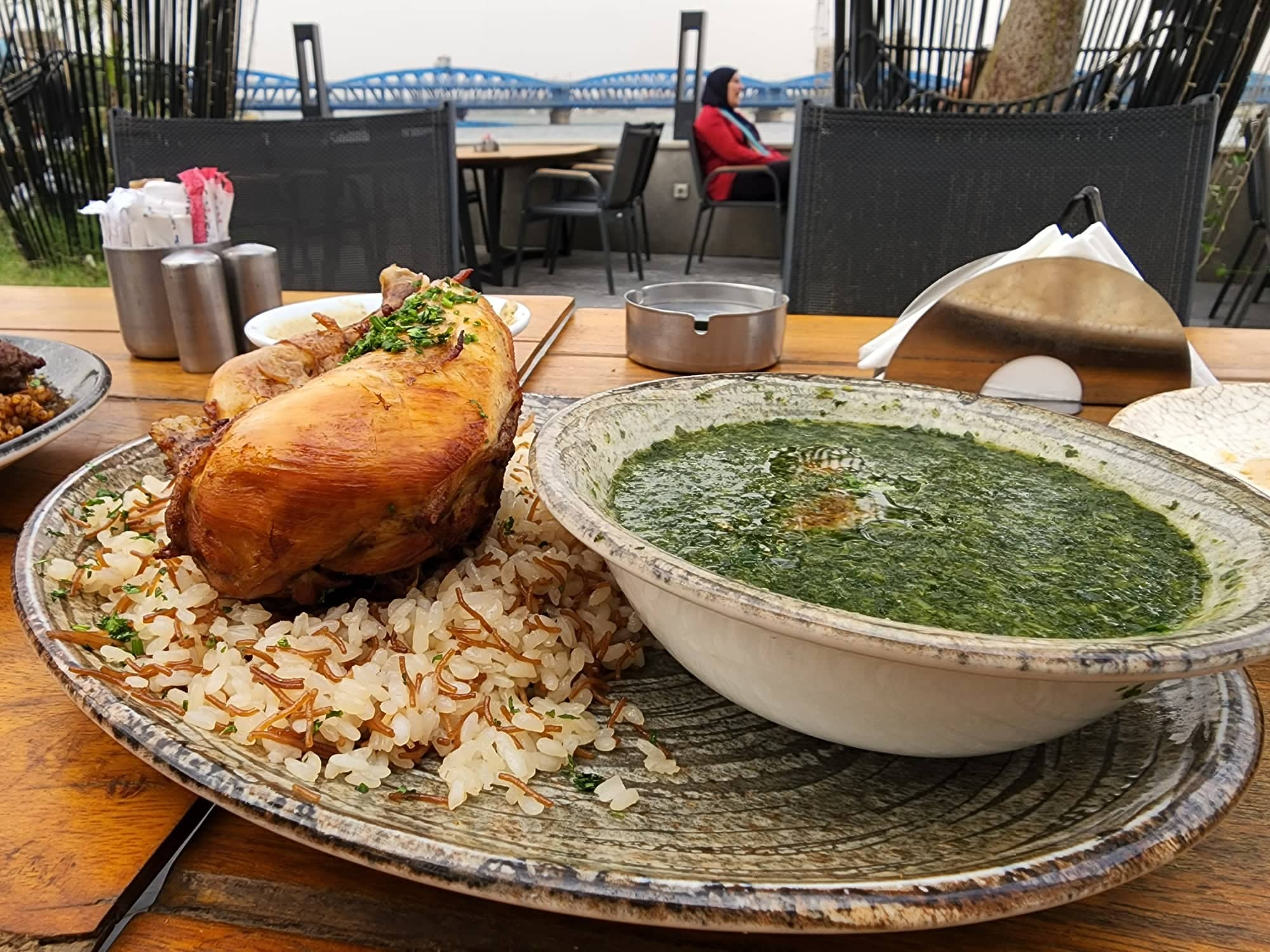
Photo credit: Egyptian Streets
Egyptian cuisine is a treat for the senses, with dishes like koshari, ful medames, and pigeon. However, to avoid stomach troubles, do not drink tap water and be selective about where and what you eat.
If trying street food, look for vendors with a high turnover of customers, as this often indicates freshness and safe food handling. Only drink bottled water and avoid ice in drinks from establishments that are not well-reviewed or established. When brushing your teeth or in the shower, try to avoid consuming tap water. And while there is an Egyptian saying that goes, “If you drink from the Nile, you will come back again,” definitely do not do this!
9. Embrace the Spirit of Adventure and Egypt’s Diversity Through Day Tours by Bus or Plane
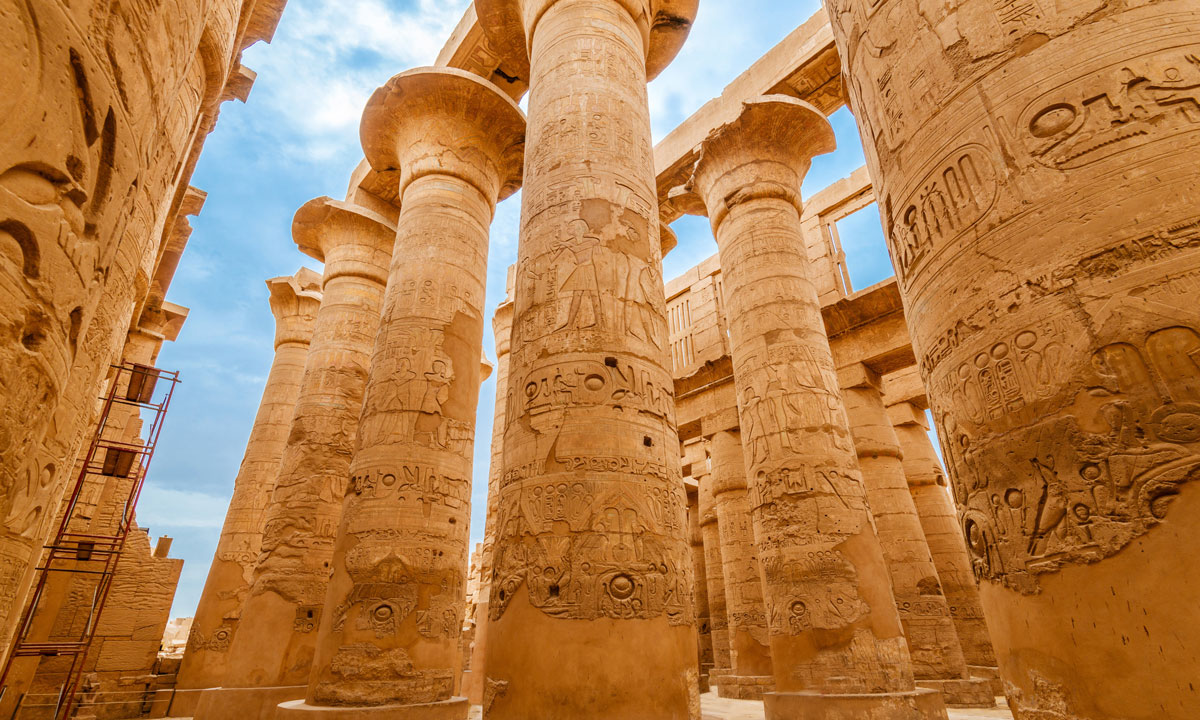
Egypt is a land of contrasts: ancient wonders alongside bustling modern cities, vast deserts bordering lush oases. Dive into the Red Sea’s vibrant coral reefs, explore the serene streets of Old Cairo, or relax on the beaches of the Sinai Peninsula.
Some of the most popular tours include:
- From Cairo: Day Trip to Luxor by Plane: Did you know you can visit Luxor, one of Egypt’s most majestic cities for fans of Ancient Egypt, on a day trip from Cairo? This tour will take you from the comfort of your hotel in Cairo to the incredible wonders of Luxor and back!
- From Hurghada: Day Trip to Luxor Valley of the Kings & Tutankhamun Tomb: If you are visiting Hurghada, one of the world’s premier beach locations, and want to explore Ancient Egypt as well, this is the perfect day tour for you, taking you to the Valley of the Kings and Luxor’s top sighs.
- From Cairo: Full Day Tour of Historical Alexandria: Tour the city known as the Pearl of the Mediterranean, from the Roman theater of Kom El-Deka and the catacombs of Kom El Shoqafa to the Citadel of Qatibay.
- From El Gouna: Private Boat Day Trip to Bayoud or Tawilah Island: El Gouna is one of the premier locations in Egypt along the Red Sea. From there, you can take a private boat day trip to Bayoud or Tawilah Island where you can enjoy swimming and snorkelling in crystal clear waters, relaxing on soft sandy beaches exploring the beauty of the Red Sea.
- Aswan: City Highlights Private Guided Tour: Aswan is a wonderful blend of Ancient Egyptian sites, Nubian culture and southern Egyptian hospitality. This tour will take you to all the key spots, providing you with a memorable experience to Upper Egypt.
- From Hurghada: Full Day Trip to Cairo Pyramids of Giza & Egyptian Museum by Plane: In addition to Luxor, you can also take a trip to Cairo and visit some of Cairo’s top sites all in a single day, with comfortable pick up and drop off from your hotel in Hurghada.
10. Use the Right Transportation
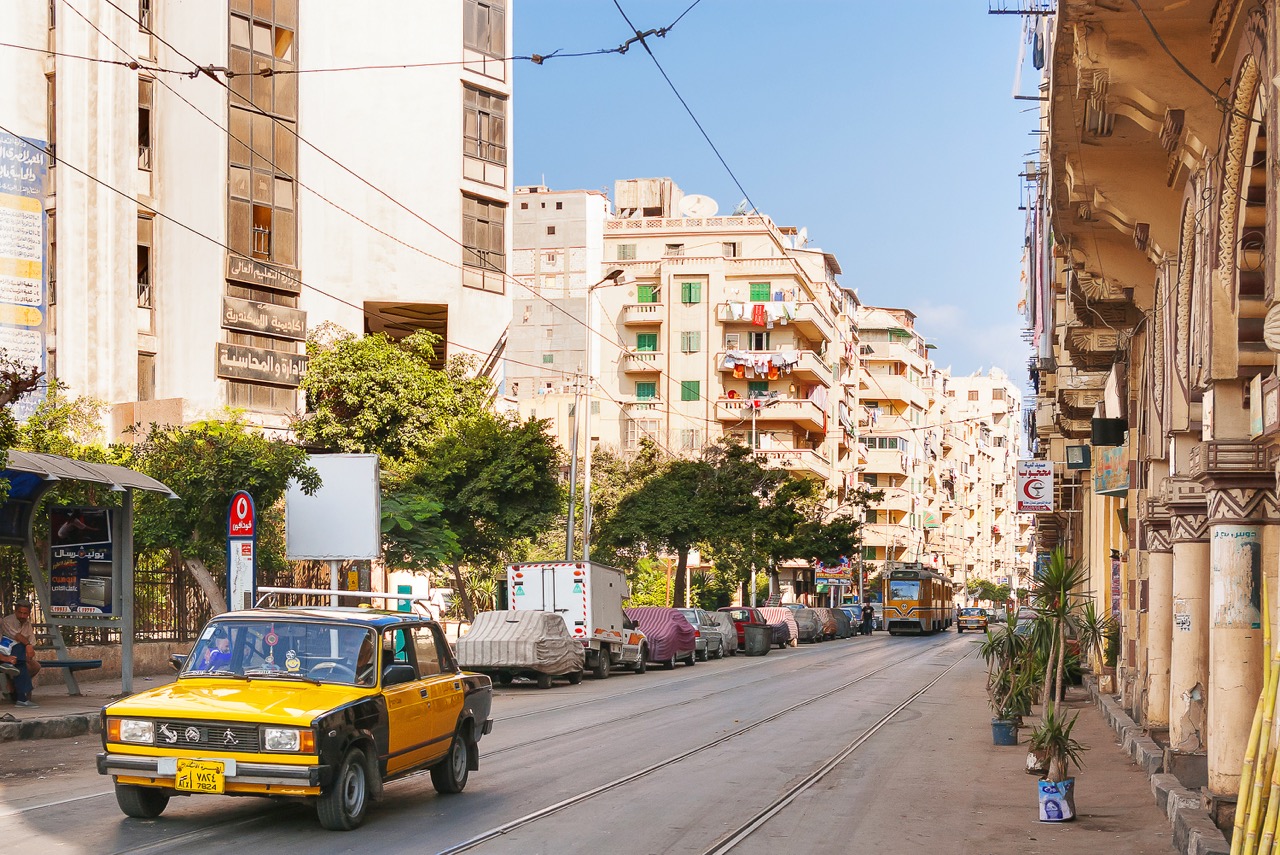
If travelling to Egypt without a tour, or if you simply want to explore during your time off, you should consider which transportation options are right for you.
In cities, Uber and Careem are reliable rideshare services. For long distances, trains and domestic flights are practical choices. If you opt for a traditional, always confirm taxi fares in advance or insist on using a meter.
However, for the ultimate comfort, reliability and convenience, a private car with a driver is the best option. This is especially true for families or groups of people who want to travel together in a single vehicle with flexibility. You can book this option here.
11. Respect Religious and Historical Sites
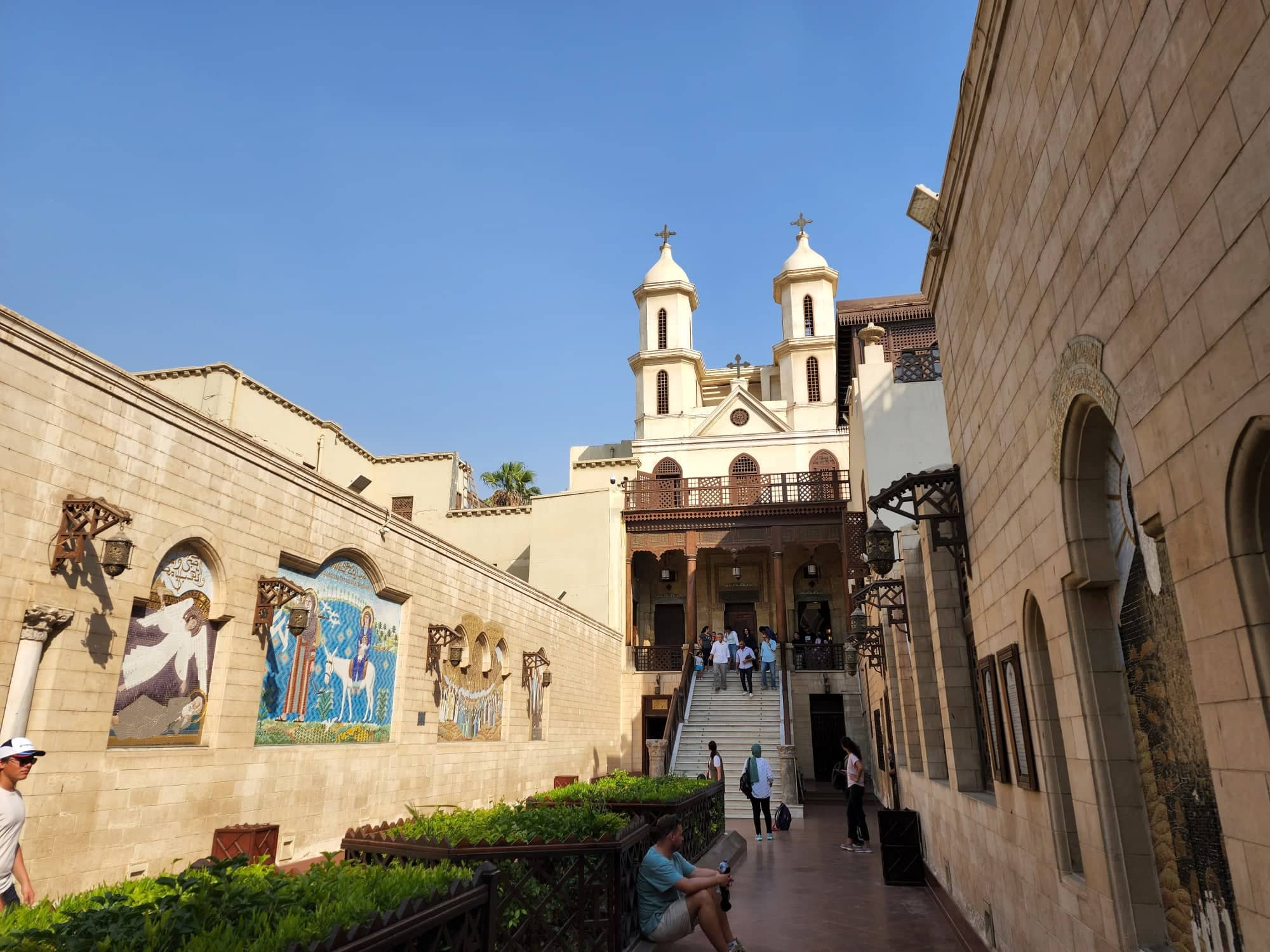
Credit: Egyptian Streets
Egypt’s religious and historical sites are more than just attractions – they are living symbols of the country’s rich cultural heritage and spiritual significance. Whether you are exploring an ancient temple, stepping into a mosque, or visiting a historic church, it is crucial to approach these places with the respect they deserve.
Before entering, familiarize yourself with any specific customs or rules. For instance, ensure your attire is modest and appropriate, follow photography guidelines, and maintain quiet and respectful behavior. Some sites require special permits for professional cameras or drones, and photography inside certain temples or tombs may be prohibited to protect the artifacts or maintain the sanctity of the space. Be mindful of rituals and worshippers when visiting mosques, churches, or synagogues during or outside prayer times.
12. Dealing with Vendors Hassling You at Sites

At popular tourist attractions, you might encounter vendors eager to sell souvenirs, tours, or other items. While their persistence can sometimes feel overwhelming, handling these situations politely and assertively is key. A firm but friendly “la shukran” (no thank you) is often effective in signaling your disinterest. Avoid prolonged eye contact or engaging in conversation unless you genuinely want to buy something, as this can be perceived as an invitation to negotiate.
If a vendor becomes overly persistent, remain calm and continue walking confidently without stopping. Most vendors will eventually move on to other potential customers. Remember, they rely on these interactions for their livelihood, so treating them with respect while standing your ground is the best approach.
If you have booked a tour, your tour guide will also normally intervene to keep vendors at bay. Here are some of our recommended tours across Cairo:
- Cairo: Full Day Egyptian Museum, Pyramids and Bazaar Guided Tour: A private or shared full day tour across Cairo, including highlights such as Khan El-Khalili market.
- Old Cairo: Full-Day Islamic and Coptic Cairo Private Tour: Beyond Ancient Egyptian sites, Old Cairo’s Islamic and Coptic Christian sites are a must-visit. This private tour takes you to the key sites – from Saladin’s Citadel to the Hanging Church.
13. Purchasing Items at Markets and How to Haggle
Markets, or “souqs,” in Egypt are vibrant, bustling hubs filled with unique souvenirs, spices, textiles, and more. Whether you are visiting Khan El Khalili or a smaller market elsewhere in Egypt, haggling is not only expected but also part of the cultural experience. When negotiating, start by offering an amount that is at least 25 percent lower than the starting price (especially if there are no price labels). Vendors often price items higher for tourists, expecting some bargaining.
Keep the interaction lighthearted and respectful – haggling is often seen as a game. Avoid showing too much enthusiasm for an item, as this may reduce your leverage. If you cannot agree on a price, politely thank the vendor and walk away. Often, they may call you back with a lower offer.
One thing to note: the Egyptian currency is currently quite weak. If you find yourself haggling over what amounts to just a few dollars, take a step back and consider whether the haggling is worth it or if saving those few dollars will save you time and make both parties happy.
Finally, always carry cash, as some vendors do not accept cards, and stick to your budget to avoid overpaying. Exploring Egypt’s markets with an open mind and a willingness to negotiate can lead to memorable experiences and unique finds at fair prices. If you can find an Egyptian friend to join you, you may have even better luck!
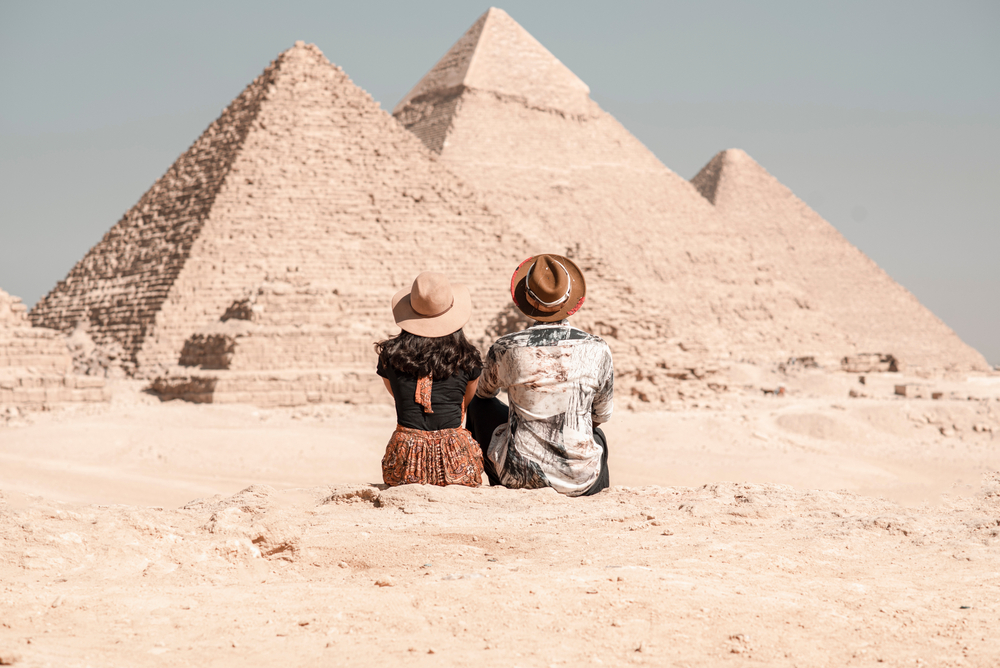




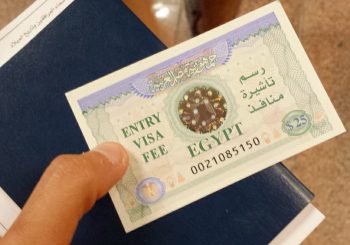
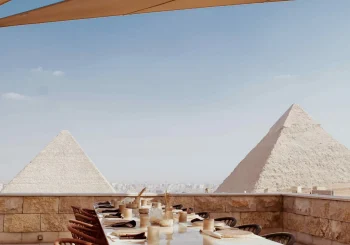
Comments (0)